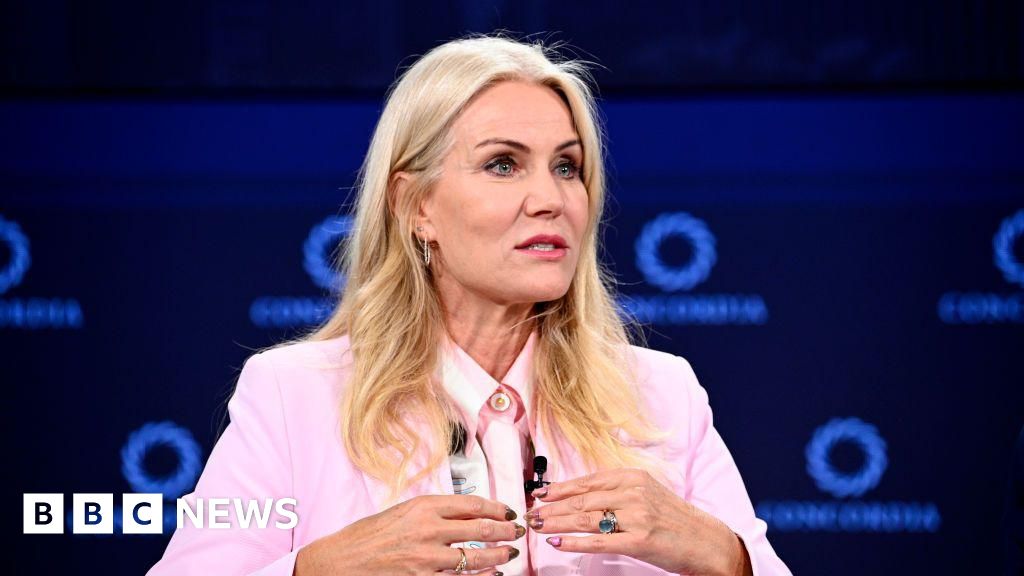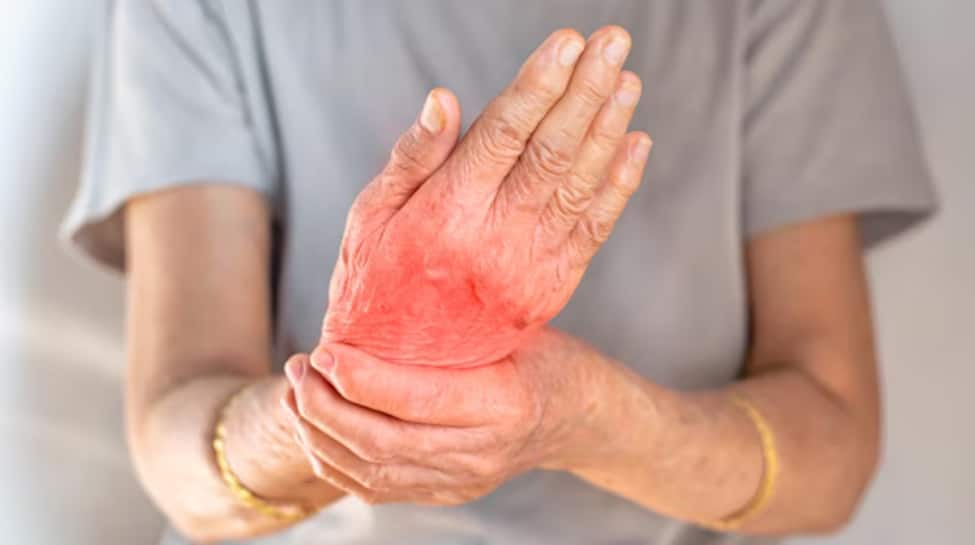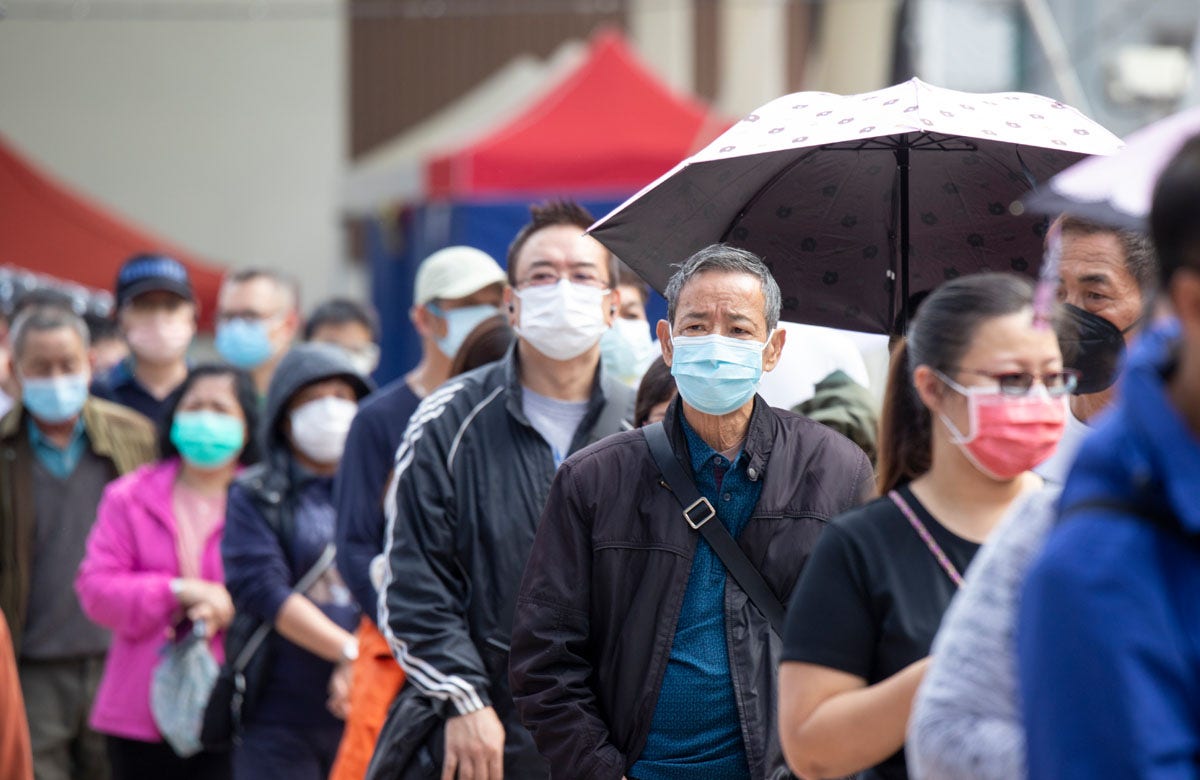Gross domestic product expanded 4.7% in the second quarter from the same period a year earlier, data released by the National Bureau of Statistics showed Monday.That missed the median estimate of 5.1% in a Bloomberg survey of economists. Growth in the first half was 5%, in line with Beijing’s annual target of around 5%.
Other key figures from the data:
- Industrial production increased 5.3% on year in June, versus economists’ forecast of 5%
- Retail sales rose 2%, compared with a predicted growth of 3.4%
- Fixed-asset investment gained 3.9% in the first six months, matching an expected 3.9% increase. Contraction in the property sector continued, with investment slumping 10.1% in the period
- The urban jobless rate was unchanged at 5% last month from May
The slowdown reflected in the data — the first set of quarterly indicators free of distortions by the pandemic — could strengthen calls for Beijing to ramp up efforts to stimulate growth. They were published the same day President Xi Jinping was set to convene the third plenum meeting to set major economic and political policies for the coming years.
China needs to “fully estimate difficulties, challenges and uncertainties in development” while strengthening confidence in the economy going forward, and implement macroeconomic policies well to promote a healthy growth, the NBS said in a statement accompanying the release.
Retail sales rose at the slowest pace since 2022, underscoring consumers’ reluctance to spend despite a government program to subsidize and encourage the replacement of old vehicles and home appliances.
“Amongst all monthly figures released today, the highlight is weak retail sales,” said Raymond Yeung, chief economist for greater China at Australia & New Zealand Banking Group. “Household consumption remains very weak. The ‘replacement’ schemes fail to lift spending. With employers slashing salary and high youth unemployment, households will still be cautious going forward.”
Chinese stocks in Hong Kong extended their losses after the disappointing data, with the Hang Seng China Enterprises Index down as much as 1.2%.
The disappointing data will likely draw more attention to the Third Plenum gathering, where Xi and other top officials are expected to discuss their long-term vision for the world’s second-largest economy.
In a sign of the conclave’s importance, the Chinese government skipped a monthly press conference to answer questions on the economic data, opting to only post the figures online. Beijing last disrupted the usual format of a major data release in October 2022, when Xi held a party congress that saw him securing a precedent-defying third term as leader.
Economists have called on Chinese authorities to address the property downturn, boost technology self-sufficiency and relieve local fiscal strains during the four-day gathering. The party’s most senior 24 officials including Xi are set to sit down later this month for a Politburo meeting to discuss specific economic measures.
China’s efforts to restart its growth engine have so far focused on the supply side, despite domestic demand remaining stubbornly weak as a years-long real estate slump continues to hurt confidence and suppress consumption.
The property crisis is expected to remain the biggest overhang for the economy in the coming months, if not years. Exports — a key growth engine this year — also faces uncertainty as Beijing’s trade partners erect new barriers against Chinese goods.
The room for the People’s Bank of China to cut rates is limited due to concern of capital flight, pressure on bank profits and a need to defend the yuan. Government spending this year has again lagged the budget as Beijing seeks to reduce local debt risks and officials struggle to find qualified projects to invest in.















































